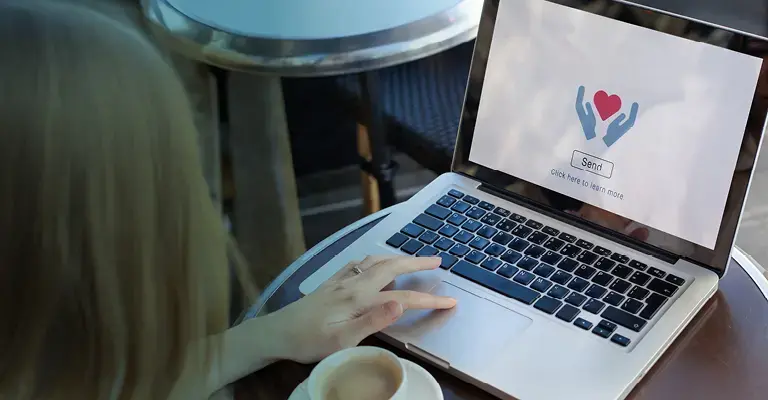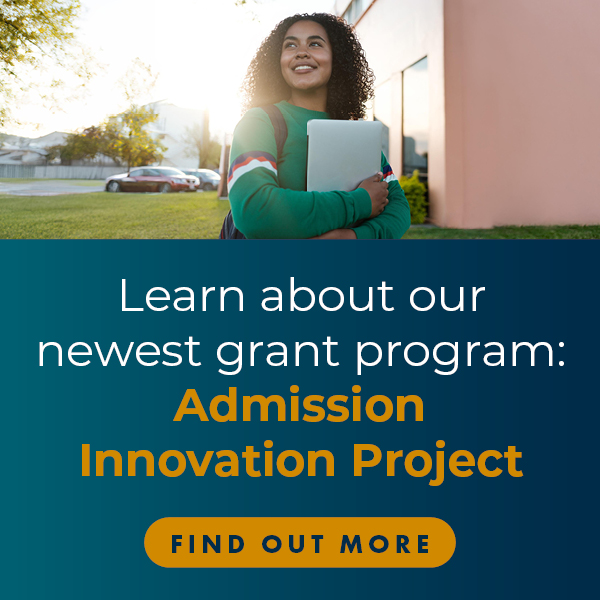Since launching our grantmaking activities in 2014, we have awarded over $26.4 million in support of our research priorities: access, affordability, and the value of legal education.
Awarded Grants
Grant Program
Grant Status
![Institute for the Advancement of the American Legal System, University of Denver [logo]](/sites/default/files/styles/image_fallback/public/2025-02/IAALS_DU_Logo_Vertical_Color.png?itok=B97ODZtP)
University of Denver and the Institute for the Advancement of the American Legal System (IAALS)
Pathways to Legal Licensure: Individualized and Comparative Outcomes
The purpose of this research is to gain an empirically grounded understanding of the degree to which both exam-based and performance-based approaches to legal licensure are valid, reliable, fair, aligned with curriculum, and feasible — as well as the degree to which these pathways achieve their own stated goals. Findings of this study will support development of robust legal licensure ecosystems across the country.
The Law College Association of the University of Arizona (LCA) on behalf of the James E. Rogers College of Law
Expanding Bar Admission Pathways to Fill Access to Justice Gaps in Arizona
The Arizona Supreme Court has recently adopted the Arizona Lawyer Apprentice Program as a supplemental bar licensure pathway that will address general state needs for more lawyers and respond to the pervasive challenges of access to justice, including legal deserts in rural Arizona. This approach, combining alternative licensure and advanced training, could become a model for other states and builds on Arizona’s long tradition of legal innovation, including access to justice reforms.

Hampton University
2023 Bar Success Research Grant Program
This study seeks to examine the effects of undergraduate institution type on Bar Exam passage rates. The insights that may be gained from this study can serve to assist HBCUs in designing their pre-law offerings and allocating their resources accordingly. Additionally, these findings may better inform and empower HBCUs and their collaborative partners (e.g., law schools, law firms, and other business/professional entities) seeking to positively impact diversity in the legal profession.
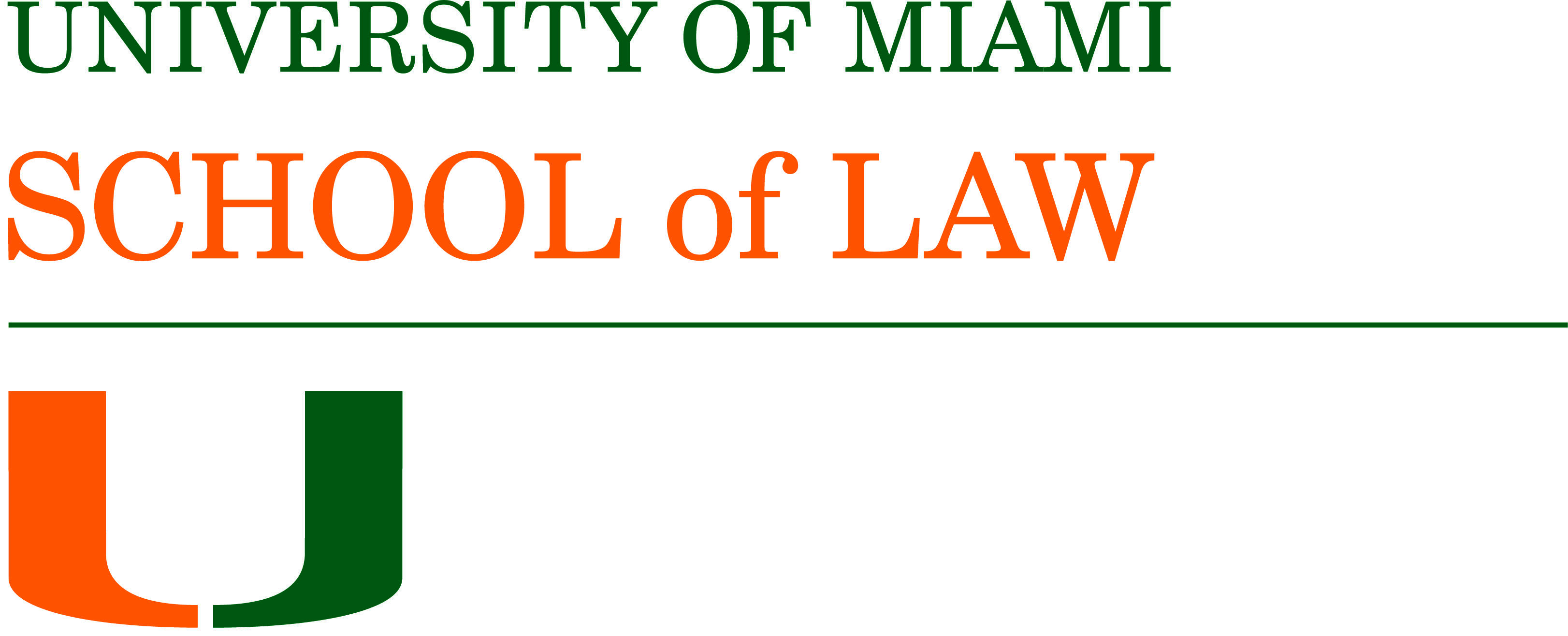
University of Miami
Grant Title: The Relationship Between Curriculum Selections and Bar Exam Sub-scores
This project analyzes the impact of taking courses in bar-tested areas and performance in those areas on the bar exam, helping law schools to better understand factors contributing to bar success. Florida is an ideal state for this work as the Florida bar reports sub-scores in topics allowing us to compare taking specific courses (e.g., wills) and performance on that subset of bar questions (e.g., wills scores). Additional items will also be studied (GPA, LSAT, transfer status, etc.).
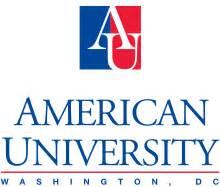
American University
The project will estimate the causal effect of participating in legal-career-related extracurricular activities while in law school on the chances of passing the Bar exam on the first attempt together with how racial, ethnic, or gender differences in extracurricular participation contribute to corresponding gaps in Bar success rates. View grant outcomes.
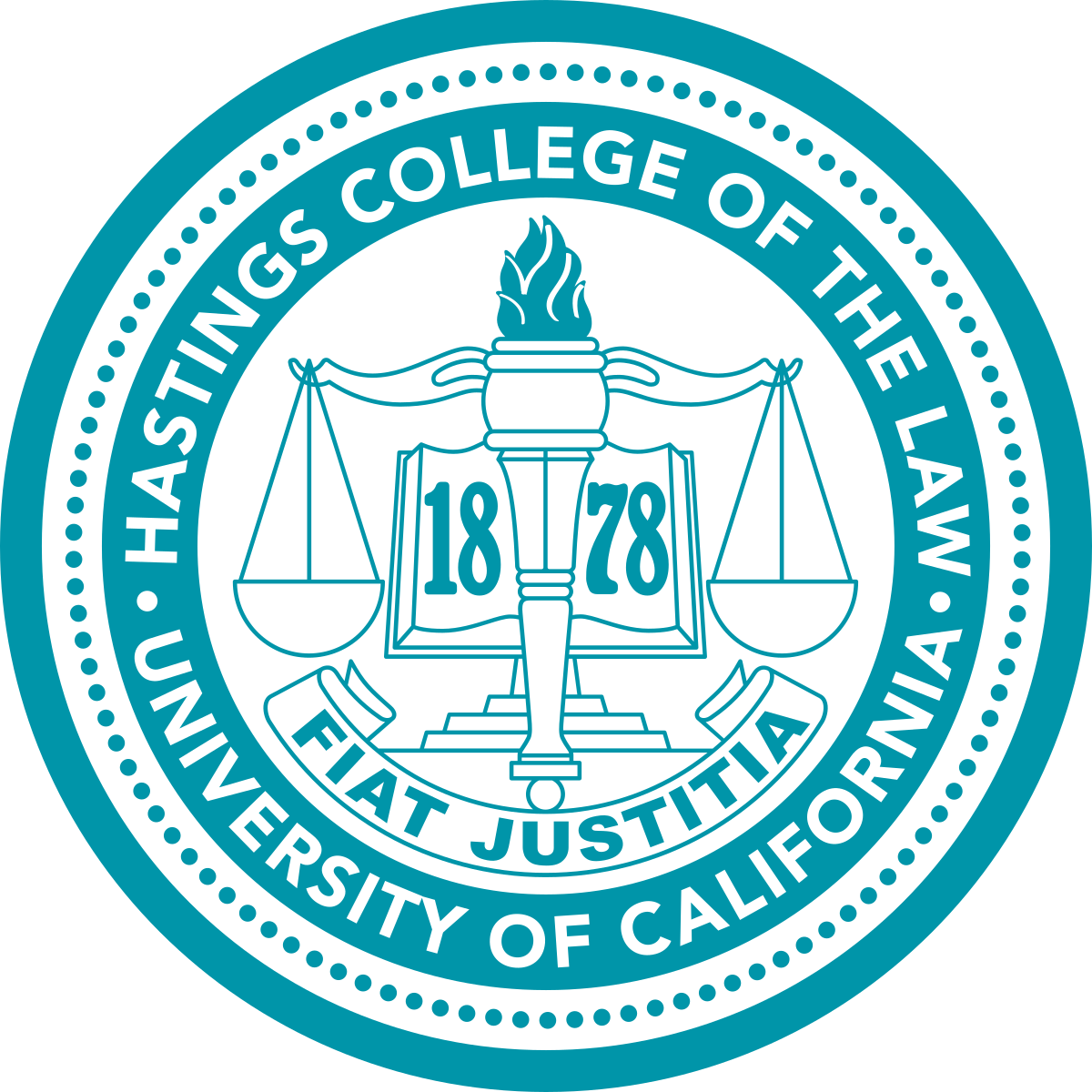
UC Hastings College of the Law
This grant will support the study of teaching reforms and academic and bar success interventions implemented at UC Hastings College of the Law.
View grant outcomes.
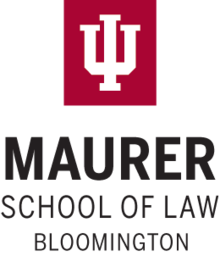
Indiana University Maurer School of Law
The project seeks to...
- Evaluate a replication on the State Bar of California’s July 2019 Bar exam of a Productive Mindset intervention that improved passage rates on its July 2018 exam.
- Examine predictors of bar passage in a data set compiled with over 7,000 takers across three years of California’s exams.
- Scale the Productive Mindset program to three new jurisdictions and examine predictors of passage in a multi-jurisdictional data set of over 10,000 takers of the July 2021 bar exam.
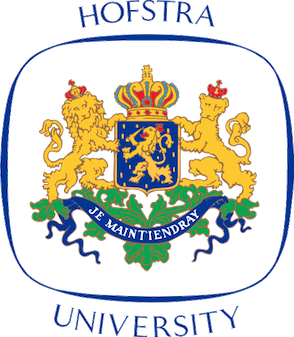
Hofstra University
The project will develop metacognitive teaching materials to be used within the law school curriculum and study the impact of this instructional intervention on bar passage. The project will use a mixed methods approach, using both qualitative and quantitative data, to examine whether students who are taught and prompted to engage in metacognitive skills develop stronger skills over time.
View grant outcomes.
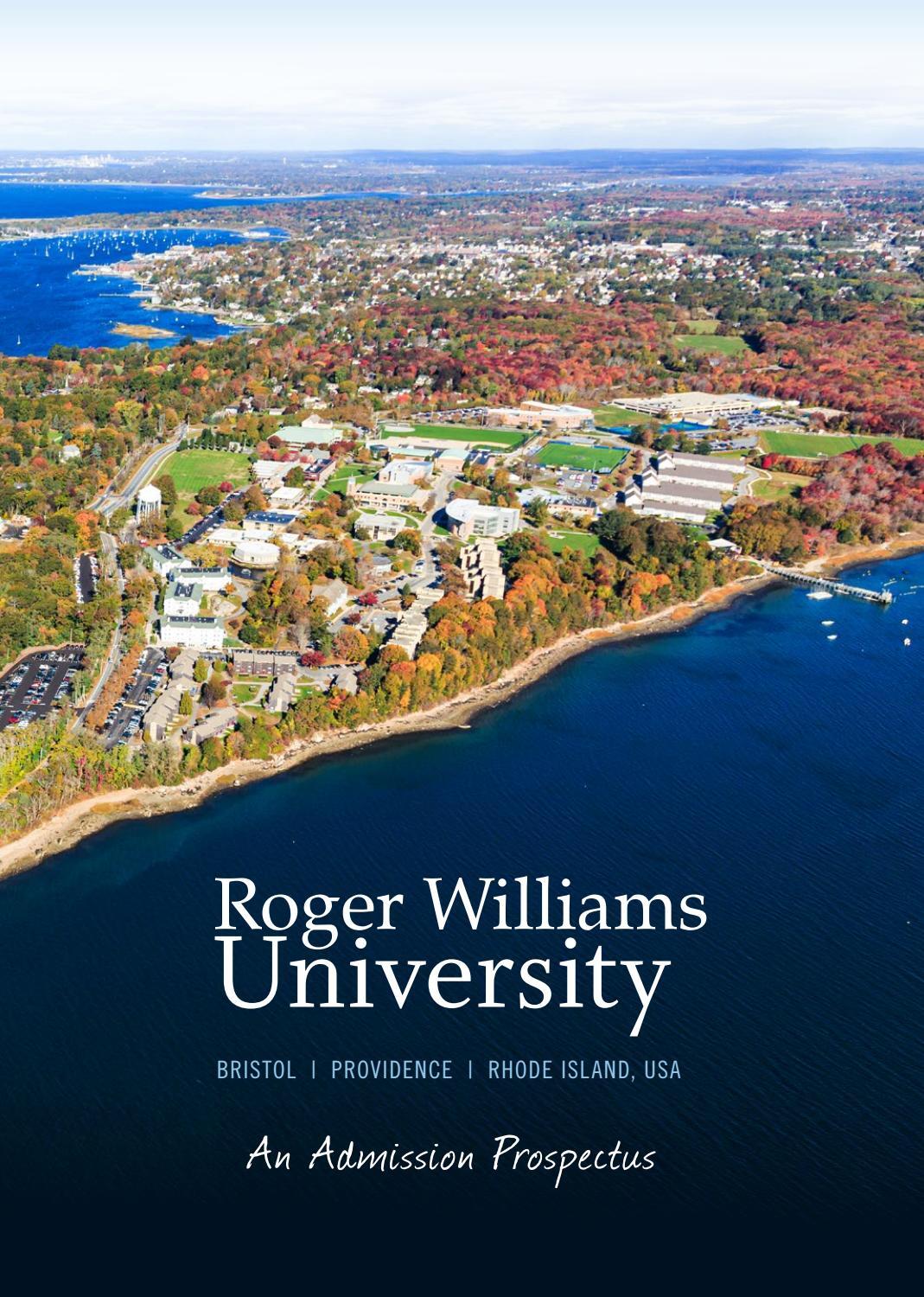
Roger Williams University
The project seeks to identify law schools that consistently overperform—and underperform—on their expected bar exam passage rates, controlling for the quality of the students they accept. The project plans to examine which state bar exams law graduates take and the difficulty of those bar exams. The project will also determine the school-specific characteristics leading to overperformance among law schools that consistently beat their estimated bar passage rate by interviewing deans at these law schools.

